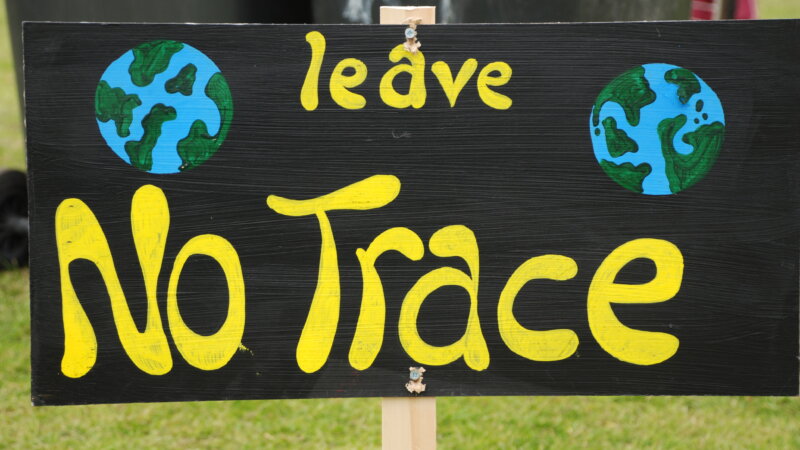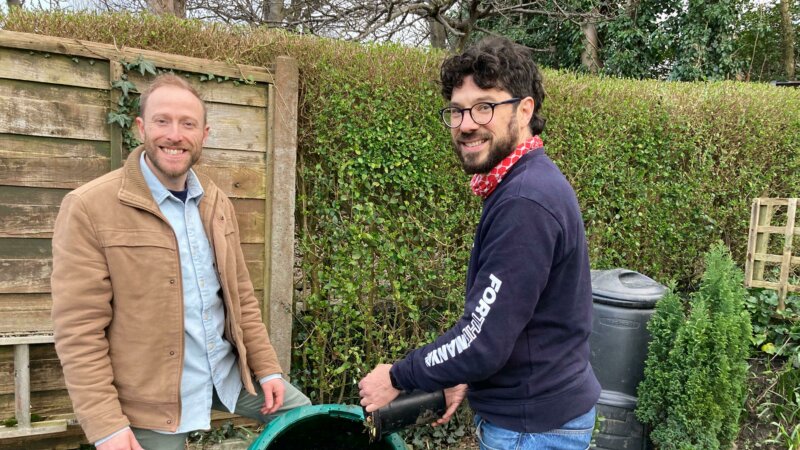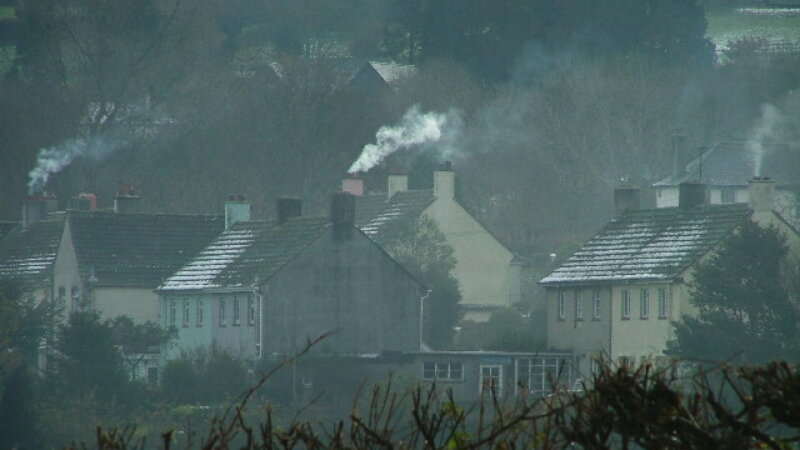Sheffield's rivers saw a massive increase in sewage dumping by private water companies last year, new data reveals
Incidents of Yorkshire Water spilling human waste into the Don, Porter and Sheaf increased by a third in just 12 months.
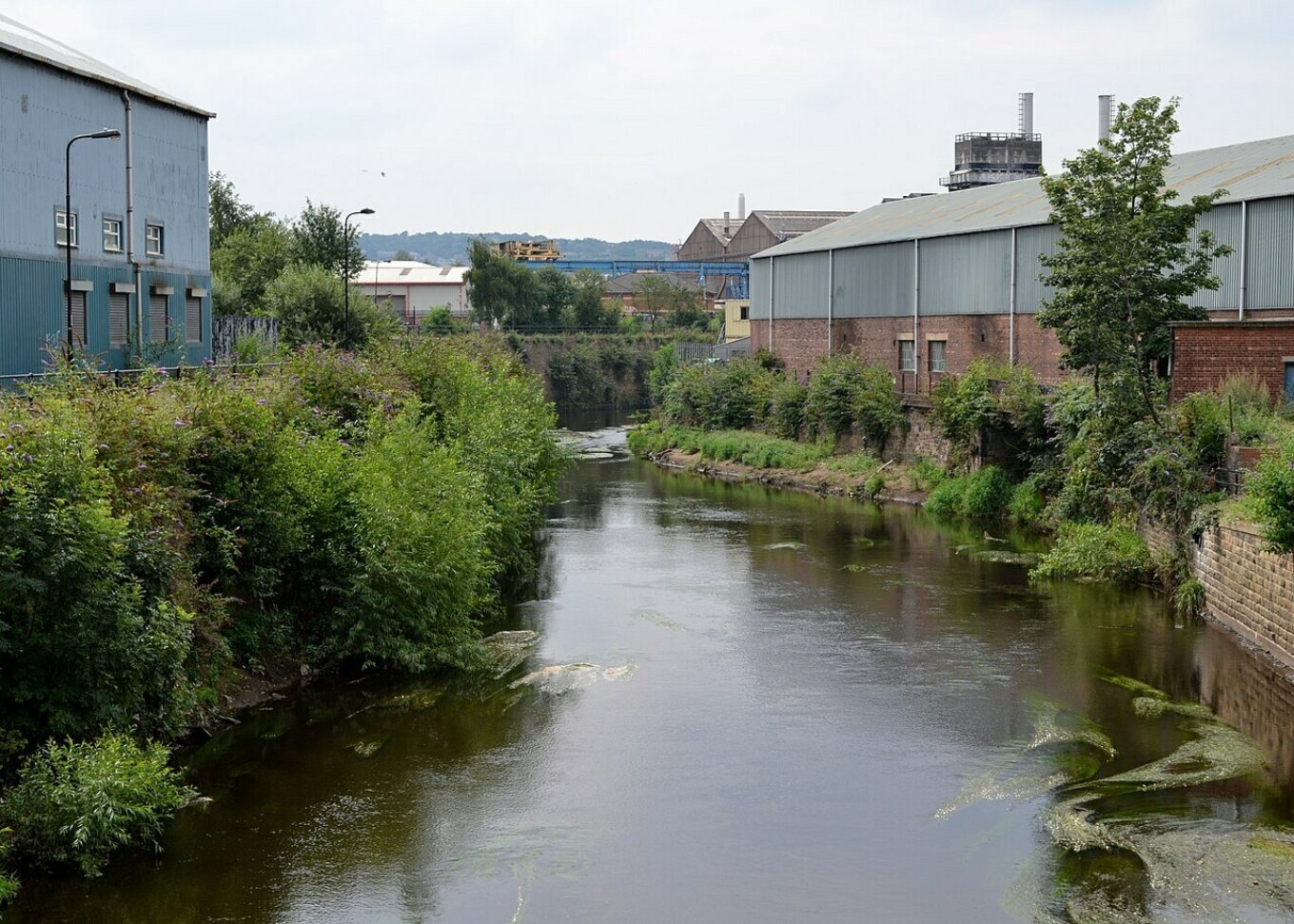
The River Don as it passes through Attercliffe.
Neil Theasby on Wikimedia Commons.New data has revealed a huge increase in the amount of sewage discharged into Sheffield’s rivers and streams by privatised, for-profit water companies in 2023.
The information, released this week by the Environment Agency (EA), shows that Yorkshire Water spilled sewage into Sheffield’s rivers 33% more often in 2023 than the year before, with a total of 4,781 separate incidents.
Even more shockingly, last year saw a 55% increase in the total number of hours in which sewage was discharged into the city’s waterways, with the 170 Combined Storm Overflows (CSOs) spilling for more than 18,000 hours in total.
“This is a shocking failure to look after Sheffield’s rivers, which are such an important part of our natural environment and heritage and many of which run through public parks and residential areas,” said Simon Ogden, a river ranger and chair of the Sheaf and Porter Rivers Trust.
“The complete picture is almost certainly worse. There are many other sources of river pollution, including agricultural run-off, abandoned mines and other industry, and the run-off from our roads.”
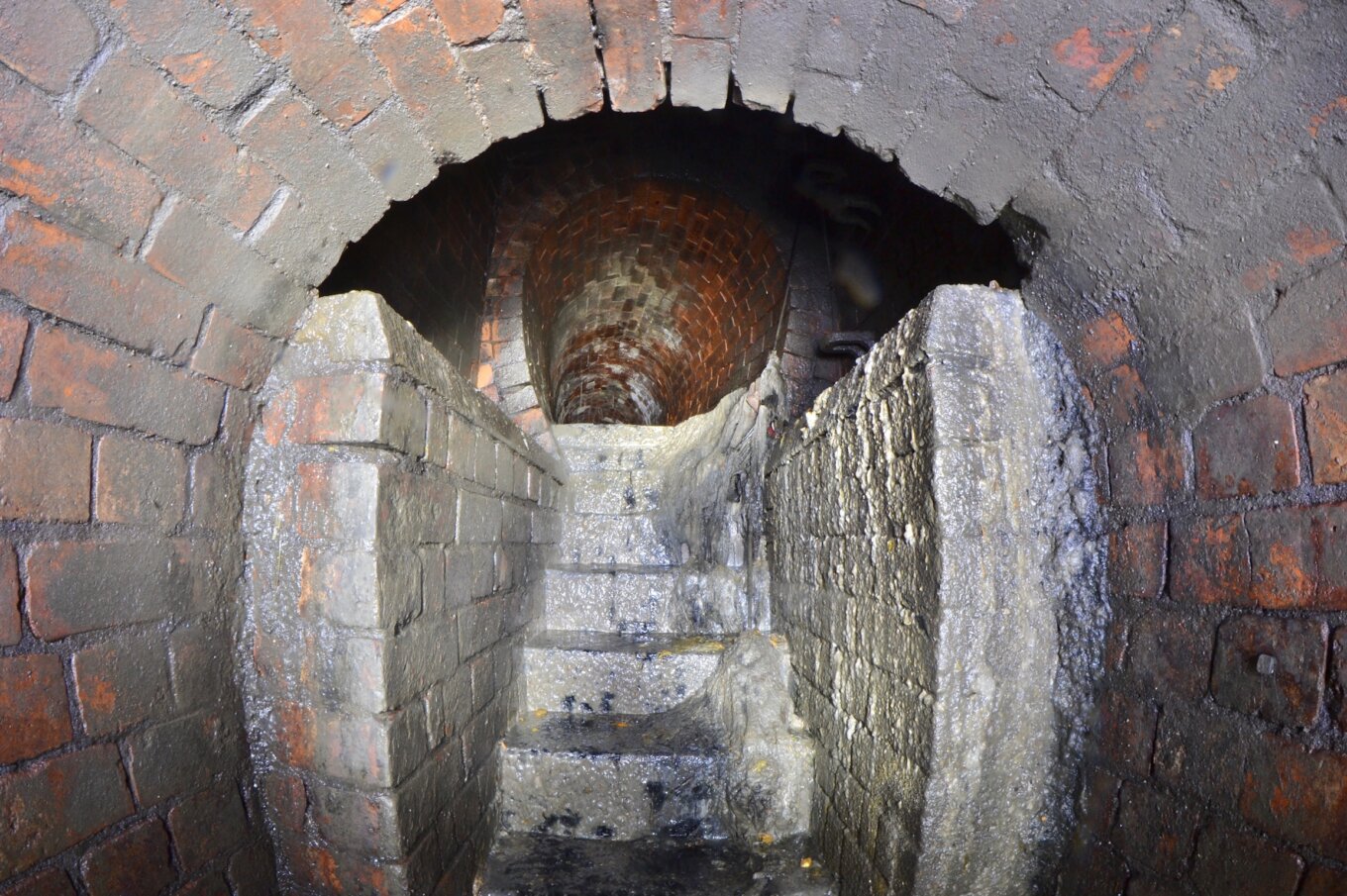
A Victorian-era sewer under Waingate, in Sheffield city centre.
Sheaf & Porter Rivers Trust.The trust have pointed out that the EA data doesn’t even capture the full extent of the CSO spills, as many of the sensors that are supposed to record how often raw sewage is discharged into rivers on an “emergency” basis are faulty or do not work altogether.
Sensors on 46 of the 170 CSOs in Sheffield were working less than 95% of the time, with three not working at all and six working for less than half the time they were supposed to. A sensor on Lady’s Bridge over the Don at Castlegate hasn’t worked since 2022, despite river rangers witnessing sewage being spilled there. This means that the real levels of pollution in 2023 will be even higher than is shown in official data.
Dirty streams
The River Don saw the highest number of discharges, with data showing almost 1,400 spills totalling 7,481 hours last year.
But it’s likely that the raw sewage released by Yorkshire Water will have had a greater effect on Sheffield’s smallest brooks and streams. The tiny Car Brook saw 402 spills totalling 1,266 hours from 16 CSOs along its route, which runs from Manor Top to the Don.
21 CSOs along the River Sheaf and its tributaries spilt 688 times for a total of 2,427 hours last year, which will almost certainly have affected the thousands of residents and businesses who live along its route.
The Combined Storm Overflows are supposed to only be used in emergencies, when extreme rainfall overwhelms the normal sewage network and means that a combination of rainwater and sewage has to be discharged into the river to stop the system backing up.
But since the water companies were privatised in 1989, a chronic lack of investment in increasing the capacity of the network means that discharges from CSOs, which were supposed to only happen in exceptional circumstances, are now daily occurrences across the UK.
Before 1989 Yorkshire Water (then the Yorkshire Water Authority) was publicly owned, meaning that all profits from water bills could be reinvested in improved infrastructure and that decisions about increasing capacity fell under democratic control.
"Ilkley: Feargal Sharkey hits out at 'measly' Yorkshire Water investment."
— Feargal Sharkey (@Feargal_Sharkey) March 19, 2024
When is an investment not an investment? When it's @YorkshireWater spending maintenance money and trying to dress it up to make it look like they're doing something.
No shame.https://t.co/y5REUqAzOq
But the for-profit setup of England’s water companies over the past quarter of a century has incentivised them to divert profits towards their owners and shareholders instead of fixing creaking infrastructure. Unlike with other utilities, consumers have no choice about who they buy water from, further lessening the incentives for companies like Yorkshire Water to improve.
Monitor stand
Campaigners say that the water companies have promised comprehensive monitoring of their CSOs as a first step towards fixing the problem, but that this hasn’t fully materialised.
“Yorkshire Water promised us real-time, live reporting from CSOs by January 2024 but this has simply not happened, and is now needed more than ever,” said Professor Liz Sharp of the University of Sheffield. “The government, Environment Agency, water industry, universities and environmental charities should be working far more closely with each other to develop a comprehensive picture of river health.”
Live reporting would mean that anyone could check whether a CSO was discharging as it happens, rather than wait for annual data releases from the Environment Agency. This would allow nearby residents to make decisions about whether they use the river for leisure activities like wild swimming or fishing.
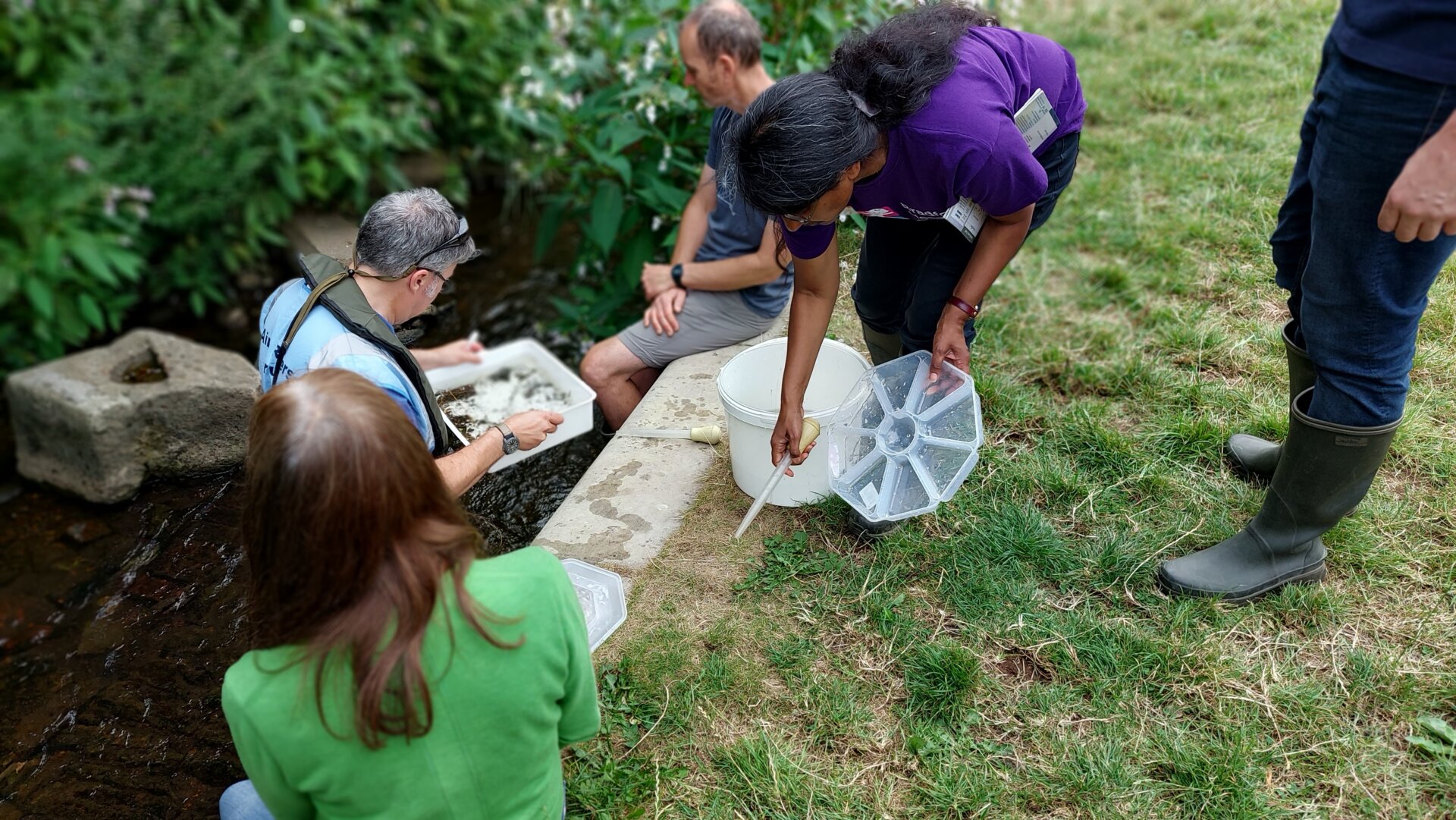
Citizen scientists sampling the River Porter near Matilda Street.
Sheaf & Porter Rivers Trust.In place of proper data from the water companies, volunteers like Sheffield’s river rangers have taken to collecting their own data. Groups of citizen scientists on the Rivelin, Loxley, Meersbrook, Porter, Sheaf and Upper Don have been regularly counting the number of river flies, a common invertebrate which are a key indicator of a river’s ecological health.
Yorkshire Water say that they are investing to reduce the number of sewage spills, and have recently announced an investment of £180 million to repair malfunctioning CSOs in the network (this is dwarfed by recorded profits of £544 million in 2022/23).
But the for-profit ownership model means that piecemeal investments like these only come about when water companies are forced to meet relatively lax regulations set by the government, rather than because their ownership model incentivises them to improve river health (as it would if they were publicly owned or part of a 'commons').
Private affairs
The current Conservative government – the same party who oversaw the privatisation of water in 1989 – have shown no interest in renationalising water, despite a growing public scandal over the state of our rivers. Labour has not committed to renationalisation or transferring water to the commons, despite the UK being the only country in the world that has placed its water system fully in private hands.
Disgusted at @YorkshireWater for allowing my beautiful county of #Yorkshire to be so polluted by sewage discharges that it is the second worst in the country. Moreover, it is getting worse not better.#pollution@Feargal_Sharkey pic.twitter.com/kxKfyn6x9n
— Happy Hiker - Free walking routes 💙 (@IamHappyHiker) March 28, 2024
But levels of investment have been so inadequate for so long that campaigners warn that even changing the model of ownership towards one that prioritises public good will not fix the sewage spills overnight.
“There is no simple solution to this increasingly urgent problem,” said Ogden. “But we need a new model because this one is dysfunctional and discredited. National and local government, the industry and civil society need to work together to bring this about."
In response to this article, a spokesperson for Yorkshire Water told Now Then they were "committed to improving our region's rivers" and that they were "disappointed about the number of discharges in 2023."
"This increase is due to the wet weather experienced in the twelve-month period, which included eleven named storms. The weather experienced in the region in 2023 included a very wet summer and prolonged heavy rainfall towards the end of the year resulting in groundwater infiltration into the sewer network," they continued.
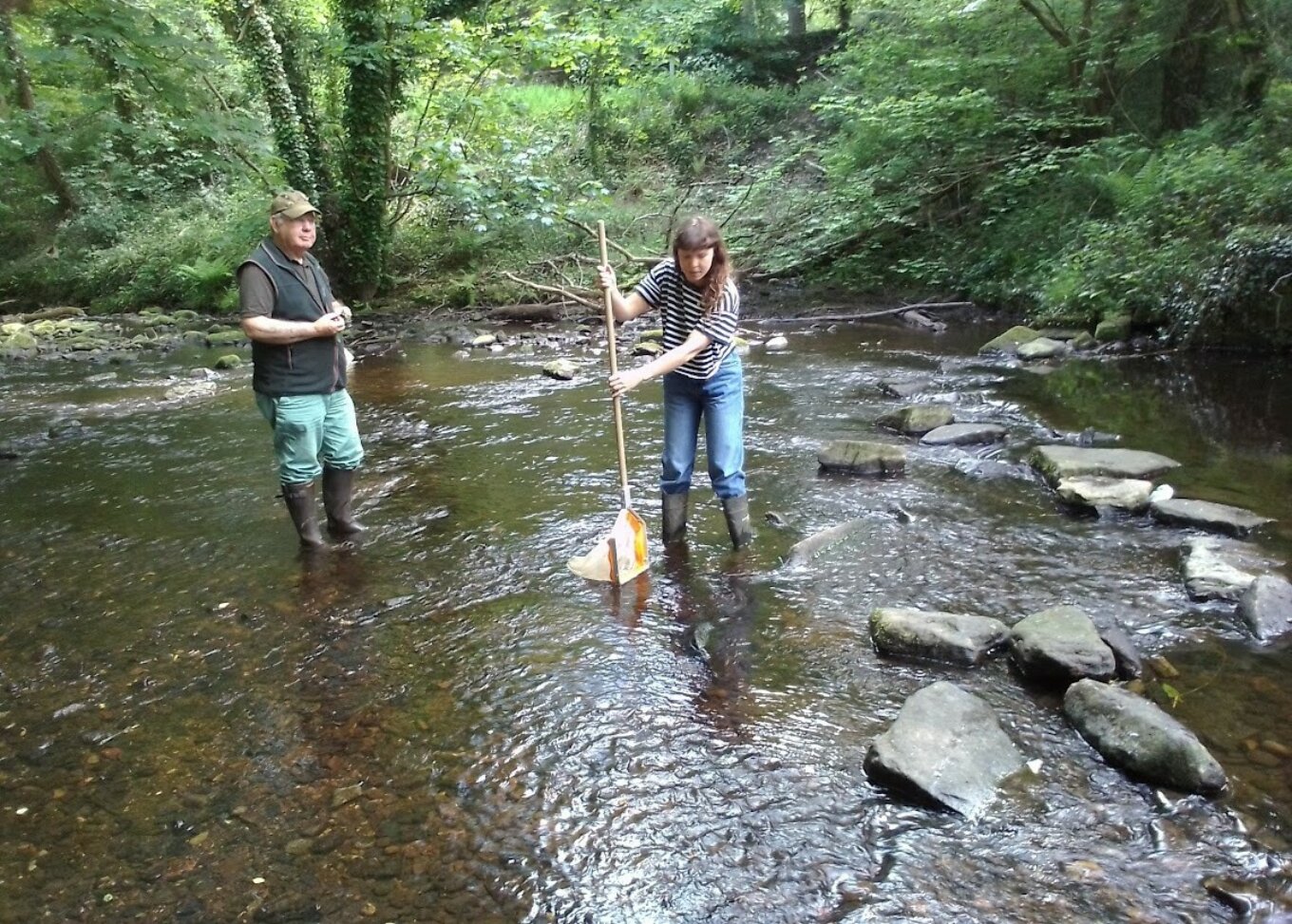
Volunteers sampling water quality in the River Rivelin in May 2023.
Sheaf & Porter Rivers Trust.They pointed to Met Office figures showing that 2023 had been the wettest year in Yorkshire for a decade, and said that their teams had worked hard "to reduce discharges as part of our commitment to improve the operation of our network."
"As a result, our modelling indicates investment in our network and changes to our operations since 2021 equate to an improvement of 12,980 discharges when normalised against rainfall. Nevertheless, we know there is more to do, and we are making headway with a £180m programme to reduce discharges across the region by April 2025."
Now Then asked Yorkshire Water whether they believed that their performance on sewage spills would be better if they were returned to public ownership, but they did not respond to this specific question.



